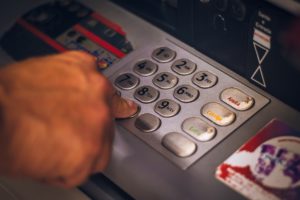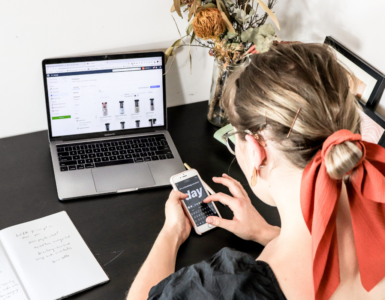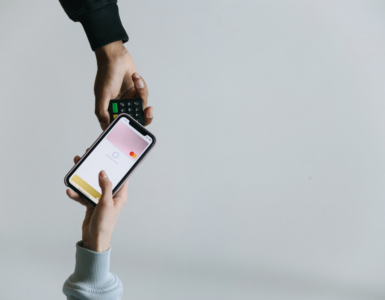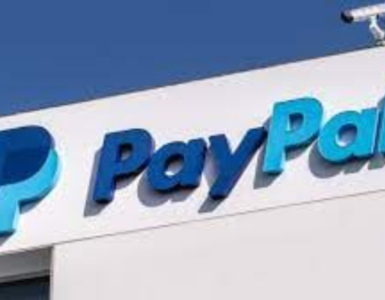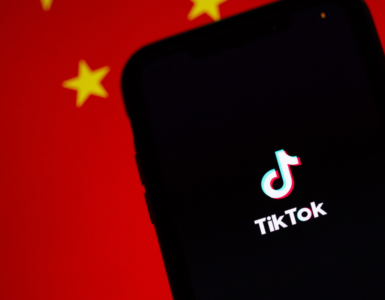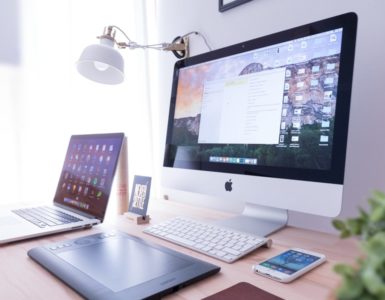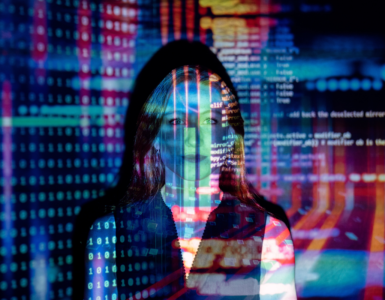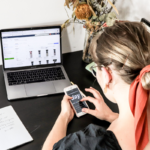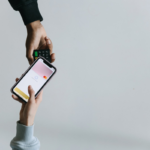Putting your money in a bank account or a credit union does not ensure that it will be protected against fraud. If the bank thinks you owe them money, federal insurance will not cover your deposits.
There are, however, measures to safeguard your accounts and avoid banks taking your funds in the case of a disagreement. Now, let’s look at some precautionary actions you may take to avoid having your bank account hacked.
Decide on a daily withdrawal limit.
If you can’t avoid providing your power of attorney access to your accounts, talk to your bank about setting limitations on how much cash may be removed in a single day.
Once the restriction is lifted, the bank will ensure that the account is frozen. Any withdrawal in excess of the allocated amount should need a trip to the bank and the signing of a release.
Avoid using your bank’s credit cards.
Keep your credit card accounts separate from your savings and retirement accounts at the credit union or bank where you deposit your money. In the case of a dispute, this will assist prevent the institution from raiding your accounts to pay off in-house credit cards.
Keep an eye out for ATMs and gas stations.
In the previous few years, con artists have improved their dexterity. Card skimmers are one of the main ways they’ve done this. These are devices that are installed at ATMs, petrol stations, and any other point of sale where you swipe your card. The devices save the information on the magnetic stripe of your card, which includes your name, credit card number, and expiration date.
These criminals frequently utilize such information to do transactions over the phone or on the internet. They may even use the information to produce counterfeit cards in other countries. Other times, they might go a step farther and set up identity theft. Worse, some criminals use small cameras or fake keypads to capture your PIN, which they can then use to empty your bank account.
Auto payments should be monitored, and withdrawals should be limited.
Credit card auto payments are handy, but they should not be unlimited. You should carefully regulate payments by specifying a monthly payment amount.
Two-Factor Authentication should be enabled.
Let’s assume you encrypt your device and set an unbreakable password, but a hacker still manages to gain access to your credentials. Even if you set two-factor authentication (2FA), they won’t be able to access your account. They’d probably need your phone to get the one-time code you’ll need once you log in.
Contact your bank’s online customer support if you need assistance setting-up your 2FA.
Make an investment in encryption software.
These days, encryption software is readily available and reasonably priced. This program encrypts your computer’s data and activities, making it far more difficult for hackers to get access to your information.
Encryption software comes in a variety of flavors. Some encrypt particular files, some encrypt your entire device, and others encrypt your internet activity, such as a VPN.
Don’t hand out your credit or debit cards.
The use of debit and credit cards should be limited. Allowing someone with a power of attorney access to them is not a good idea. Instead, pay for particular items with cheques. Make sure you properly fill out the checkboxes. Don’t forget to fill in the payee and amount fields.
Make a Secure Password
Always create a lengthy, diversified password for any account that contains critical information. With each additional digit, the complexity of cracking a password increases dramatically.
Never utilize information from your life that is predictable, such as your address or pet’s name. Aim for a password with at least 16 characters that include letters, numbers, and symbols.
Beware of imposters
Take efforts to acquaint yourself with these imposters, whether it’s a phishing scam or a card-skimmer at an ATM. At ATMs that have been hacked, there is frequently evidence of tampering. While phishing emails may appear professional, the email address from which they are sent is not. Before you click on anything, double-check for spelling mistakes, phony email addresses, and false URLs. Also, never give out your login credentials.
Takeaway
Finally, con artists aim to take advantage of us when we are most vulnerable. These can happen when we’re having fun in a pub or restaurant, or when we’re too preoccupied with anything else. Many card hacks occur when we least expect them.
Also, be wary of anyone who requests your personal information. It won’t harm to ask a lot of questions and double-check everything. Notify your banking institution right away if you observe suspicious activity on your account.



